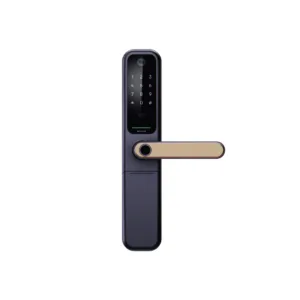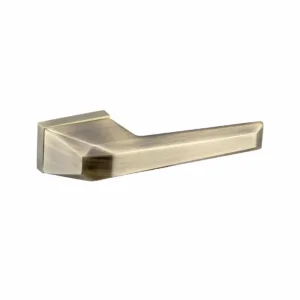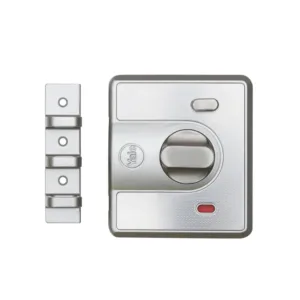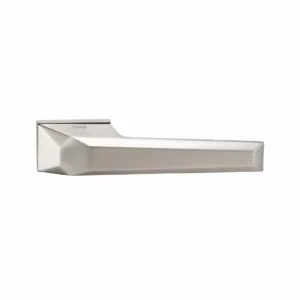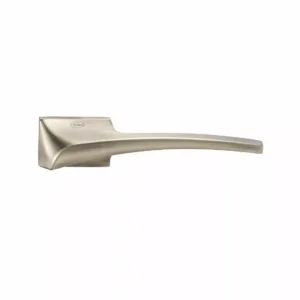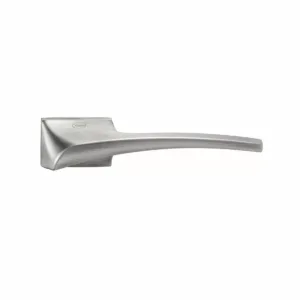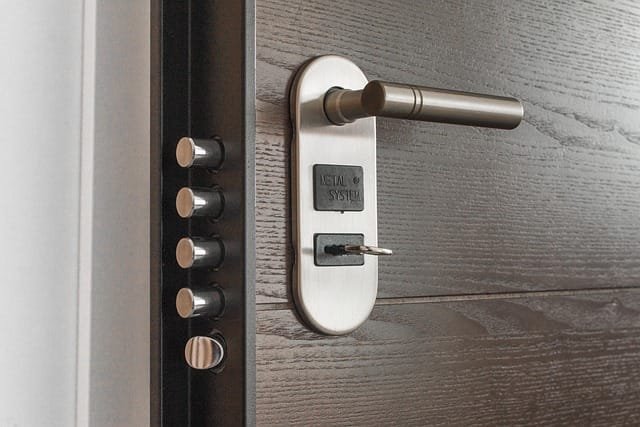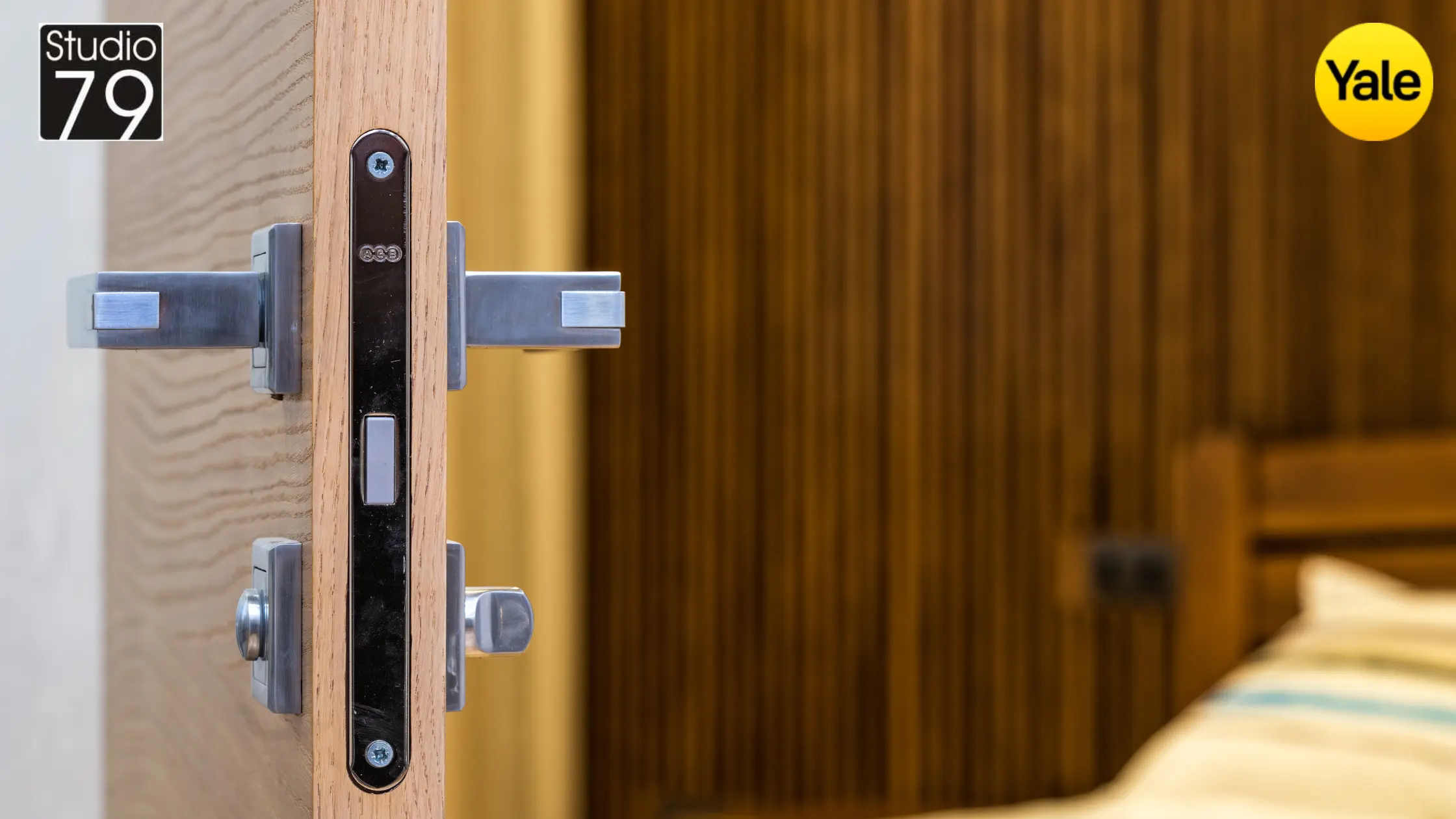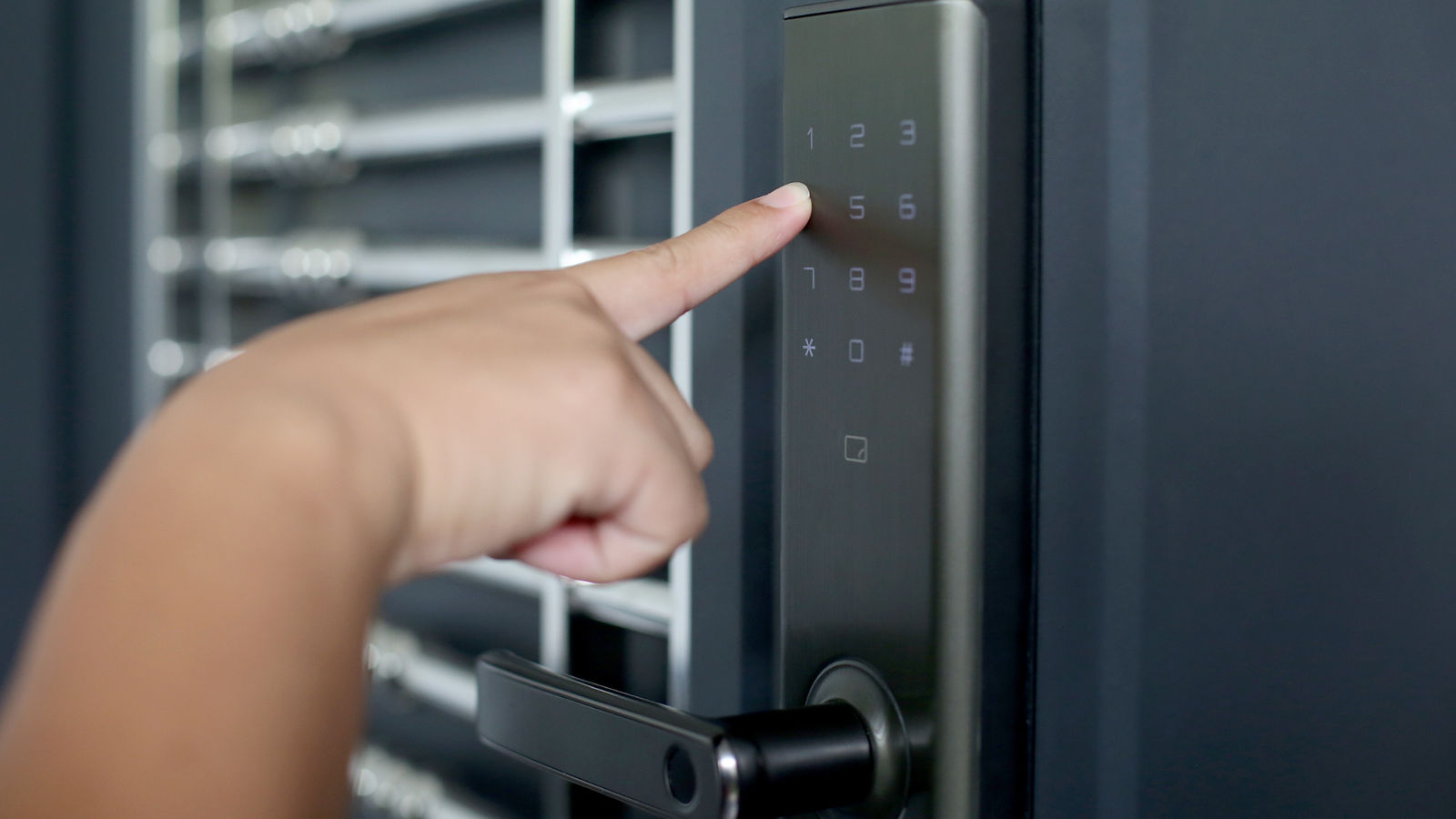Top 17 Must-Know Facts About Architectural Hardware for Modern Construction
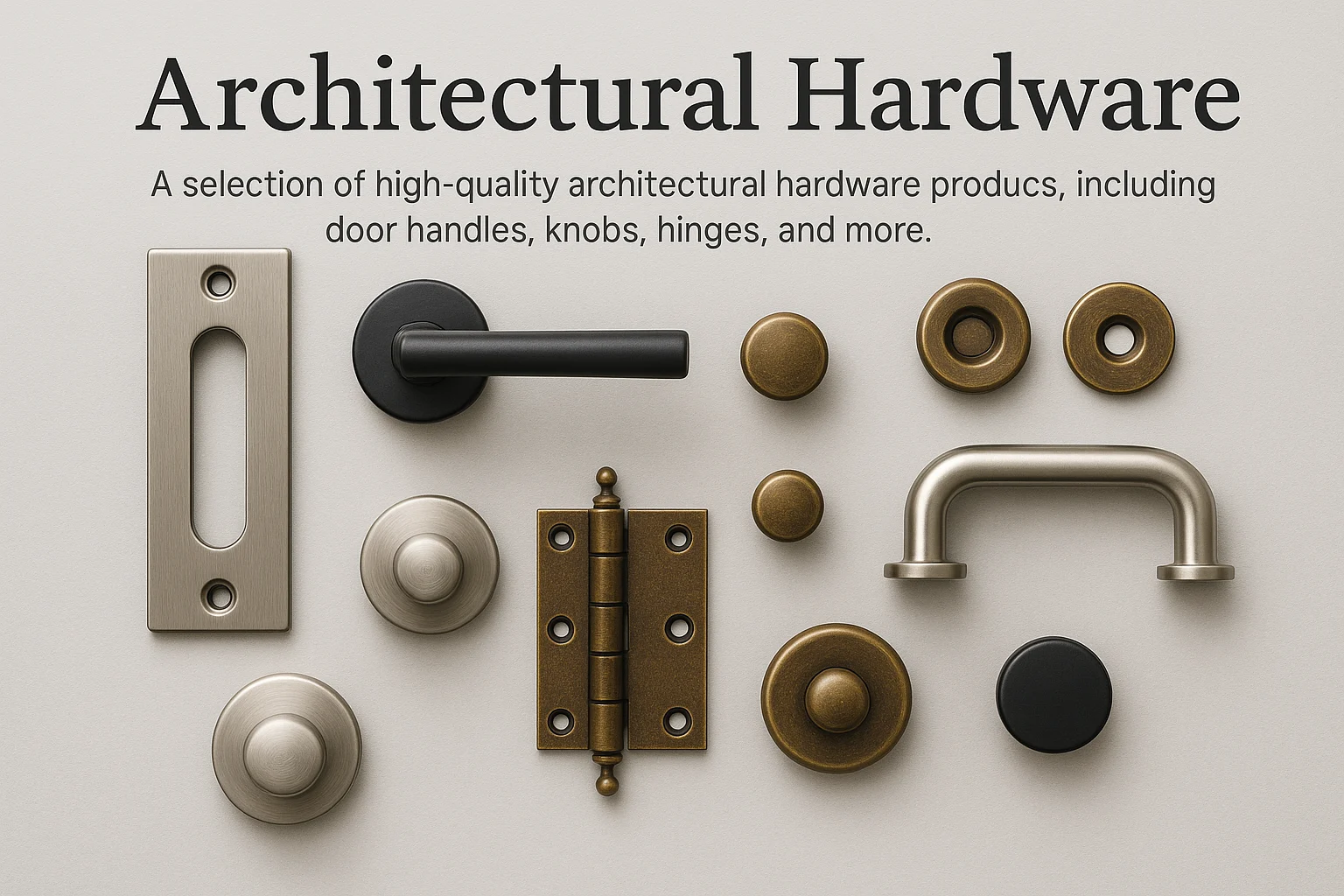
Architectural hardware is more than just nuts, bolts, and handles—it’s the foundation of a building’s functionality and aesthetic appeal. Whether you’re designing a modern office, luxury home, or industrial facility, the right hardware plays a pivotal role. It includes everything from door hinges and cabinet knobs to smart locking systems and accessibility-friendly fittings.
Over the years, architectural hardware has evolved from purely functional components to design-forward elements that reflect innovation, sustainability, and style. With construction and interior design trends shifting towards smarter, minimal, and energy-efficient solutions, hardware has stepped into the spotlight like never before.
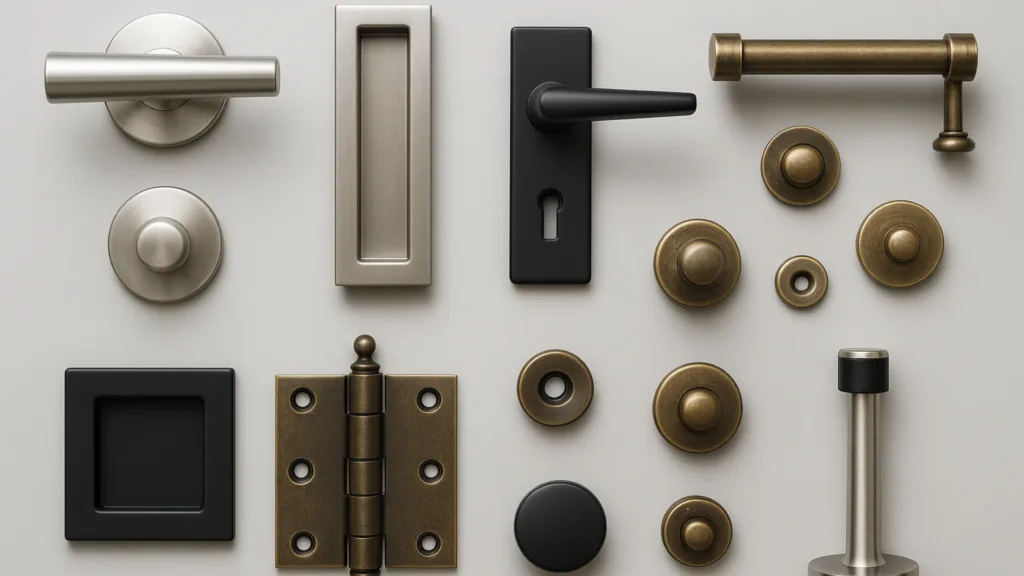
Types of Architectural Hardware
Choosing the right type of hardware is essential for both function and form. Here’s a breakdown of the key categories:
Door Hardware
- Handles, knobs, locks, hinges, door closers
- Available in styles from vintage to ultra-modern
Window Hardware
- Latches, friction stays, sliding tracks, handles
- Designed for safety, airflow, and aesthetics
Cabinet Hardware
- Pulls, knobs, concealed hinges
- Small elements that add big design value
Bathroom & Kitchen Accessories
- Towel racks, soap dispensers, drawer slides
- Durable, rust-proof finishes are crucial here
Custom and Decorative Hardware
- Designed to match architectural themes
- Often used in luxury or heritage projects
Materials Used in Architectural Hardware
The choice of material affects durability, cost, and visual appeal.
| Material | Properties |
|---|---|
| Brass | Corrosion-resistant, elegant finish |
| Stainless Steel | Highly durable, modern appeal |
| Aluminum | Lightweight, economical |
| Zinc Alloy | Versatile and budget-friendly |
| Iron | Traditional, strong, needs coating |
| Eco-Friendly Alternatives | Bamboo, recycled steel |
Finishes like matte black, brushed nickel, chrome, antique bronze, and gold add another layer of customization.
Role of Architectural Hardware in Building Design
Hardware isn’t just utilitarian—it enhances your space’s identity.
- Visual Harmony: Matches architectural style and color scheme
- Functionality: Enables smooth movement and secure closures
- Smart Integration: Syncs with home automation and IoT platforms
Good hardware improves user experience and can dramatically extend the life of doors, cabinets, and fixtures.
How to Choose the Right Hardware for Your Project
Making a hardware choice depends on several factors:
- Purpose: Residential, commercial, or industrial use
- Design Theme: Modern, rustic, traditional, or minimalist
- User Needs: Elderly-friendly, child-safe, or high-tech
- Budget: Low-cost functional or high-end designer fittings
For example, heavy-duty stainless steel handles suit commercial spaces, while custom bronze knobs may complement a vintage-themed home.
Installation and Maintenance Tips
Installing and caring for architectural hardware properly ensures longevity.
Installation Tips:
- Follow manufacturer instructions
- Use proper tools and leveling
- Hire professionals for custom fittings
Maintenance Advice:
- Regular cleaning with a soft cloth
- Avoid harsh chemicals on plated finishes
- Lubricate moving parts yearly
Security and Safety Considerations
Architectural hardware also contributes to safety.
- Locks & Deadbolts: Ensure tamper-proof security
- Fire-Rated Hardware: Essential for commercial safety codes
- Panic Bars: Quick exits in emergencies
- ADA-Compliant Hardware: Accessible design for all
Trends in Modern Architectural Hardware
The future is here—and it’s smart, sleek, and sustainable.
- Smart Locks: Wi-Fi, Bluetooth, and fingerprint-enabled
- Minimalist Designs: Hidden hinges, slim profiles
- Green Materials: Recycled metals, non-toxic coatings
- Personalization: Custom logos, color-matching
Top Brands and Manufacturers
Here are some top-performing brands known globally:
- ASSA ABLOY (Global): Comprehensive access solutions
- Häfele (Germany): Innovative and sleek hardware
- DormaKaba (Switzerland): Security and automation
- Blum (Austria): High-quality cabinet hardware
These brands offer warranties, quality certifications, and eco-conscious lines.
Architectural Hardware in Interior Design
Designers often use hardware to add personality to interiors.
- A matte black handle on a white door offers modern contrast
- Vintage knobs bring charm to rustic kitchens
- Coordinated metal tones unify a room’s visual story
Never underestimate the power of small details—they often leave the biggest impression.
Impact of Hardware on Building Accessibility
Universal design principles stress inclusivity. Here’s how hardware helps:
- Lever handles for those with limited mobility
- Soft-close and touch-release systems
- Wide-opening hinges for wheelchairs
ADA (Americans with Disabilities Act) standards in the U.S. offer a solid reference for accessible hardware design.
Innovations in the Hardware Industry
Technology is reshaping the hardware sector.
- Sensor-Activated Doors: Common in malls and offices
- AI Security Hardware: Learns usage patterns for smarter locks
- 3D-Printed Components: Custom fittings at lower cost
These advances improve convenience, safety, and sustainability.
Architectural Hardware Regulations & Standards
To ensure safety and functionality, compliance is key.
- ISO 9001 & 14001: Quality and environmental standards
- UL Certifications: Fire and safety performance
- CE Marking: Compliance for European markets
- ANSI/BHMA: North American benchmarks for locks and closures
Before buying, check that products meet local building codes and warranty requirements.
Mistakes to Avoid When Selecting Hardware
Avoid these common pitfalls:
- Skimping on quality for price
- Choosing mismatched designs
- Neglecting professional installation
- Ignoring warranty or compliance labels
Remember: poor hardware can compromise the look, function, and safety of your space.
Cost Considerations
Hardware pricing varies widely depending on:
| Factor | Influence on Price |
|---|---|
| Material | Brass > Aluminum |
| Finish | Custom finishes cost more |
| Brand | Premium brands charge more |
| Quantity | Bulk orders may reduce cost |
| Features | Smart tech adds cost |
Investing in quality upfront often saves money in repairs and replacements.
FAQs About Architectural Hardware
Q1: What is the difference between architectural and builder hardware?
A1: Architectural hardware focuses on both form and function, while builder hardware is typically more utilitarian.
Q2: How do I maintain door hardware for long life?
A2: Regularly clean with mild solutions, avoid moisture, and lubricate moving parts.
Q3: Are smart locks reliable for homes?
A3: Yes, especially when sourced from reputable brands. Choose models with encryption and remote control features.
Q4: Can I mix hardware finishes in one room?
A4: Yes—if done tastefully. Stick to a color palette or theme for consistency.
Q5: What’s ADA-compliant hardware?
A5: Hardware designed to be accessible to all users, including those with disabilities.
Q6: Where can I buy antique or vintage-style hardware?
A6: Look at specialty stores, custom workshops, or antique restoration suppliers.
Conclusion
Architectural hardware is the silent hero of building design—often overlooked, but essential to every door, window, and drawer we use. As design, technology, and accessibility evolve, so does the hardware industry, bringing us smarter, sleeker, and more sustainable solutions. Whether you’re building your dream home or upgrading a commercial facility, choosing the right architectural hardware is a detail you won’t want to overlook.
Enjoy this post? Join our newsletter
Don’t forget to share it
Related Articles
Guide to Choosing the Best Smart Locks for Homes in India
Why Securing Your Property with Modern Locks is Essential in Today’s World
The Smart Way to Secure Your Home: Why Digital Locks Are the Future
Yale Digital Locks: Smart, Secure, and Stylish
Smart Home Door Locks: Why More Indians Are Making the Switch (And Why You Should Too)
Our Subscription
Contact Us
235/E, Bommasandra Industrial Area, Bengaluru, Bommasandra, Karnataka 560099

